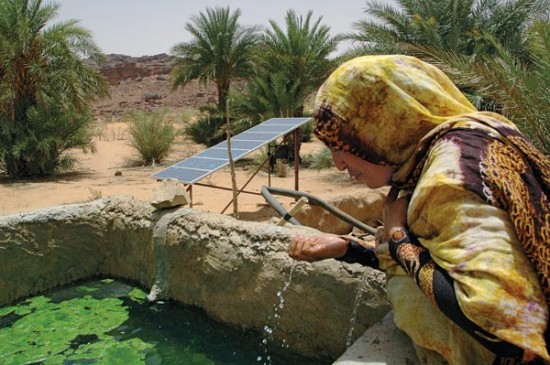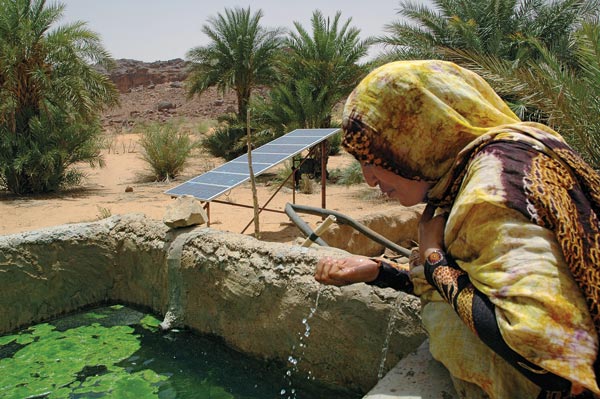Sustainable Energy
Giving Up on Grids



In Kenya, one million households use car batteries as their main source of electricity. From Lagos to Nairobi, even the poorest slum dwellers are driven to purchase fuel that can create power to charge cell-phone batteries and provide light. In all, more than half of Africans south of the Sahara–500 million people–aren’t connected to a national electricity grid and probably never will be. In some countries, such as Malawi and Congo, fewer than 10 percent of the people are connected to the national grid. Yet the demand is there: the World Bank estimates that Africans spend $40 billion a year on off-grid power.
Lacking the billions of dollars necessary to expand creaky national electricity grids and build large power plants, Africa’s political and economic leaders are experimenting with alternatives. Electricity is increasingly being generated by microdams, solar cells, and microturbines. “Off-grid electricity could be the next great technological leap forward in Africa,” says Mark Hankins, a consultant in Nairobi who specializes in alternative power supplies.
Ericsson, the telecom company, is partnering with Orange Group, an African cell-phone provider, to build a thousand solar-powered base stations across the continent this year. Nokia Siemens is also working on new base stations; it predicts that within two years, off-grid stations will become the standard in cell-phone-happy Africa.
Many electricity advocates now accept that traditional national grids can never serve all or even most Africans. In an indication of this changing mind-set, last year the World Bank, which typically funds large infrastructure projects, formed a coalition, with a budget of about $12 million, to fund dozens of new products and services based on off-grid electricity.